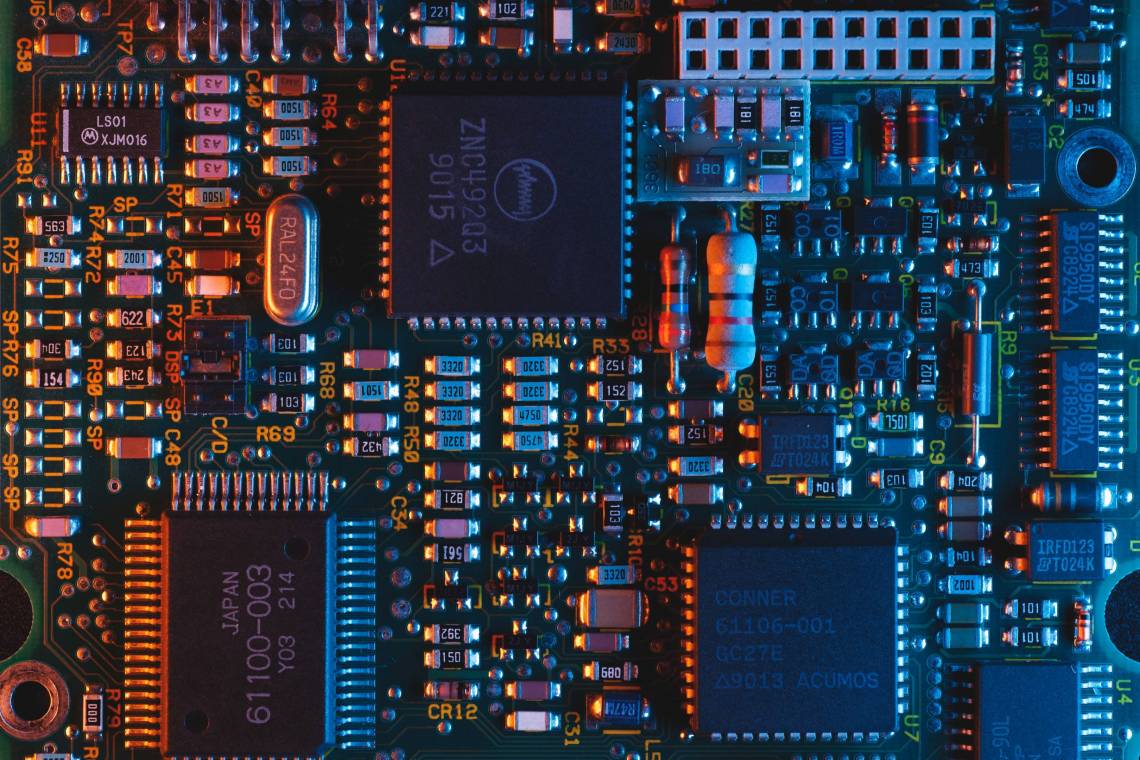Global Computer Chip Shortage Causes Delays
When getting a new computer, advice is to plan ahead and be patient

Parts such as semiconductor chips, integrated circuit boards and glass for computer screens are in high demand and short supply, affecting everything from the production of new vehicles and gaming systems to Duke’s ability to quickly receive computers, docks, and monitors. The world-wide shortage, caused by the pandemic, is contributing to backups locally.
“A global chip shortage affects everything from new phones to laptops to servers and even to the special chips used in DukeCards,” Charley Kneifel, the chief technology officer in Duke’s Office of Information Technology (OIT).
“The tremendous growth in internet and cloud-based services due to remote work caused big providers like Google, Apple, Microsoft and the phone companies to scramble to add capacity to their network and computer infrastructure,” Kneifel said.
A manufacturer trade war only escalated the problem.
“All of these issues coming at the same time in a ‘just in time’ manufacturing world means that delay in one part leads to delays for the whole product, and assembly plants don’t stock lots of parts that are supposed to be delivered ‘just in time,’” Kneifel said.
But with some foresight and planning, and the help of your local IT support, you can avoid delays.
Place orders for new equipment early
“It really comes down to working with your local IT support,” said Paula Batton, director of OIT’s customer and technology support. “For example, if you have new hires who will need devices, talk to your local IT support as soon as you can. Between the delay in receiving new equipment, and the changes from desktop to laptop because of hybrid/remote work environments, loaner pools will be strained.”
Duke Stores recommends placing orders from four to up to six months in advance to help mitigate delays.
Last spring John Gorsuch, general manager of the Duke Technology Center, urged incoming students to place orders for new desktop and laptop computers early. So far he’s found Apple has been able to keep products in stock and students have been able to have their orders fulfilled.
“It’s gone better than expected for certain manufacturers, not all,” said Gorsuch.
Plan ahead
“OIT has worked with many departments to communicate these delays and develop plans to extend the life of existing technology until new equipment can be received,” said Peter Haman, manager of OIT’s Enterprise and Device Services. Haman provided the following lead time estimates for the Duke Technology Center (as of Sept. 2021):
-
Apple: 3 weeks
- Dell: 2 – 3 months
- Lenovo: 4 – 6 months
You can email Duke Computer Stores to receive the latest information on in-stock devices and current lead times.